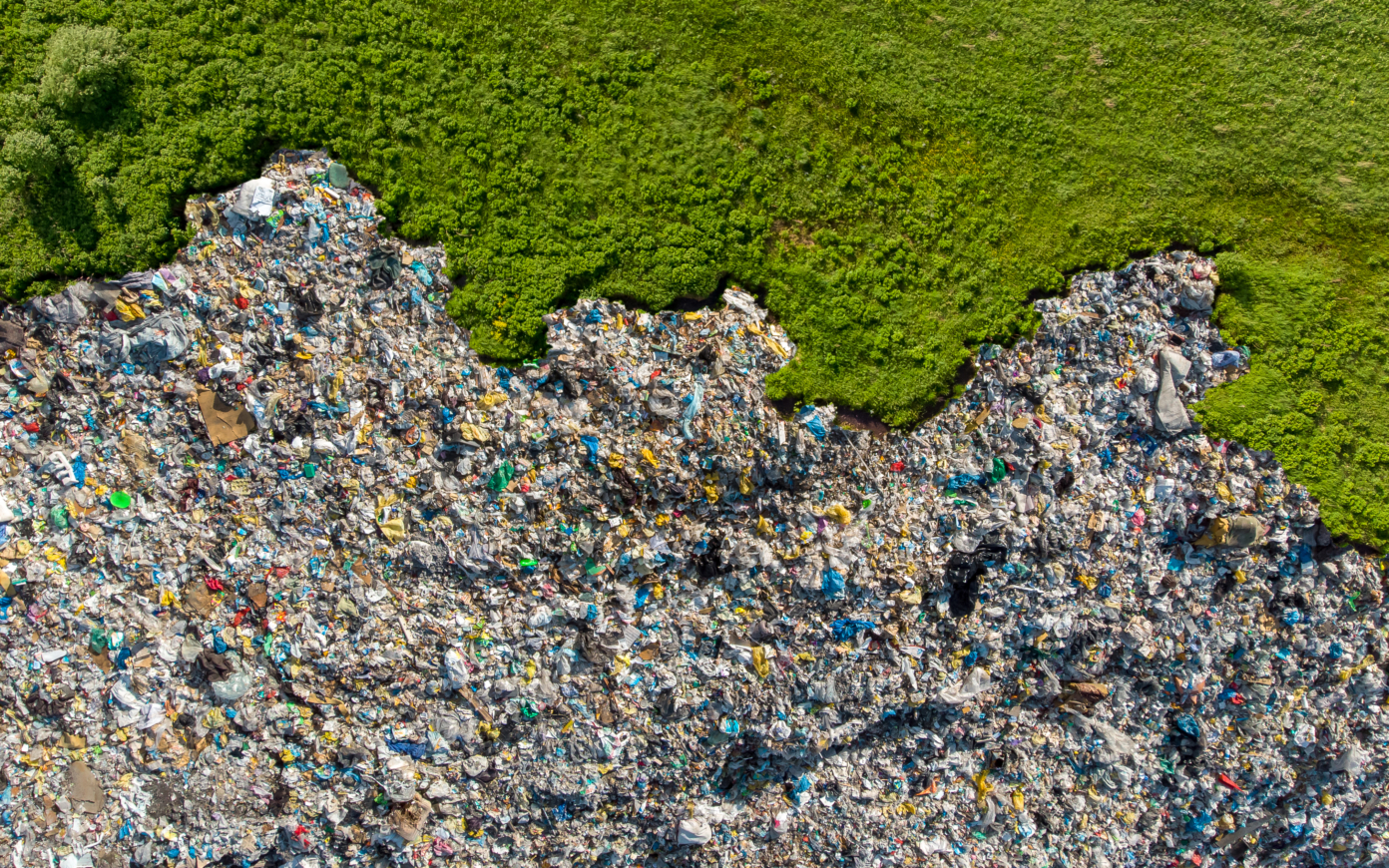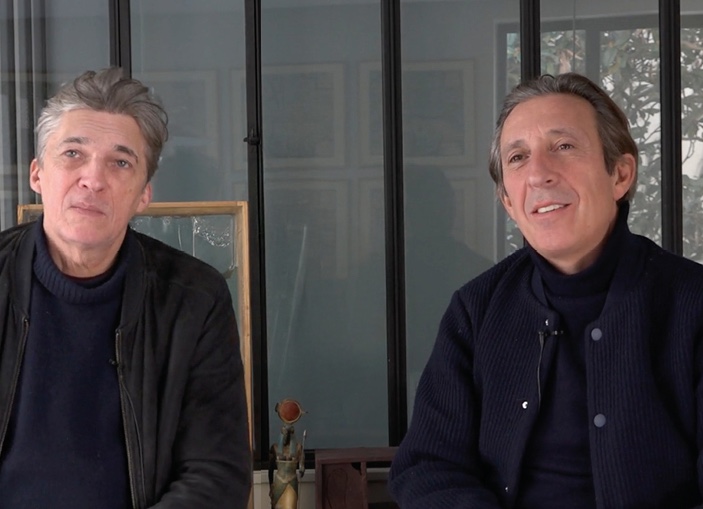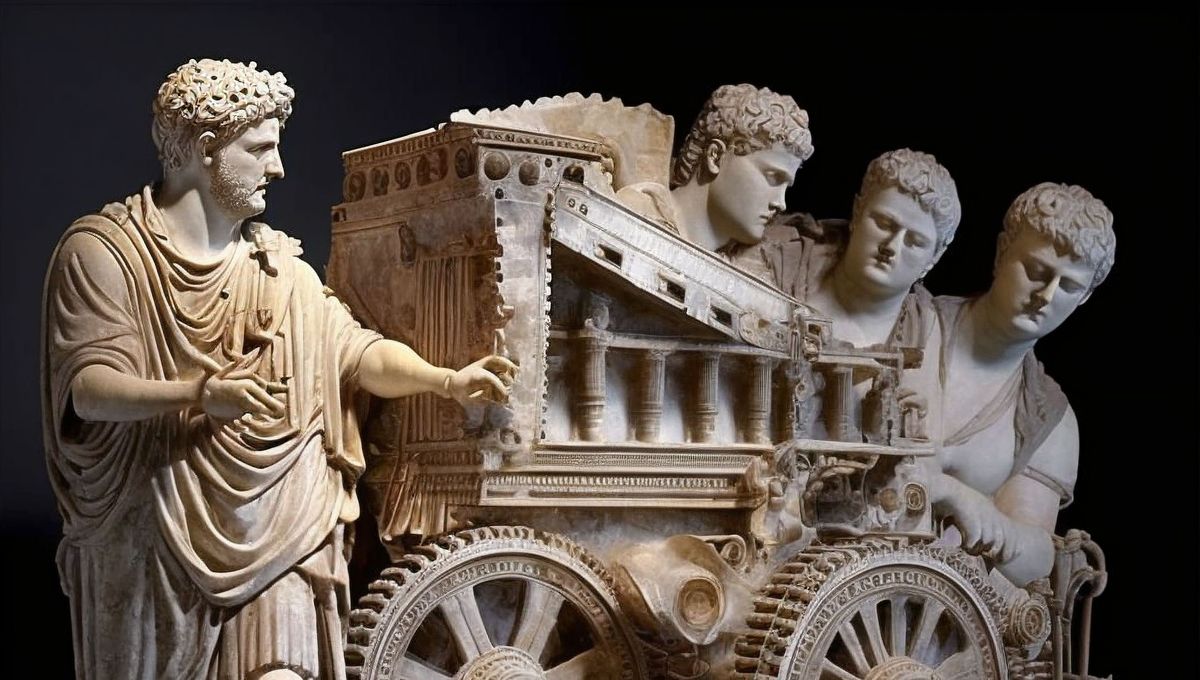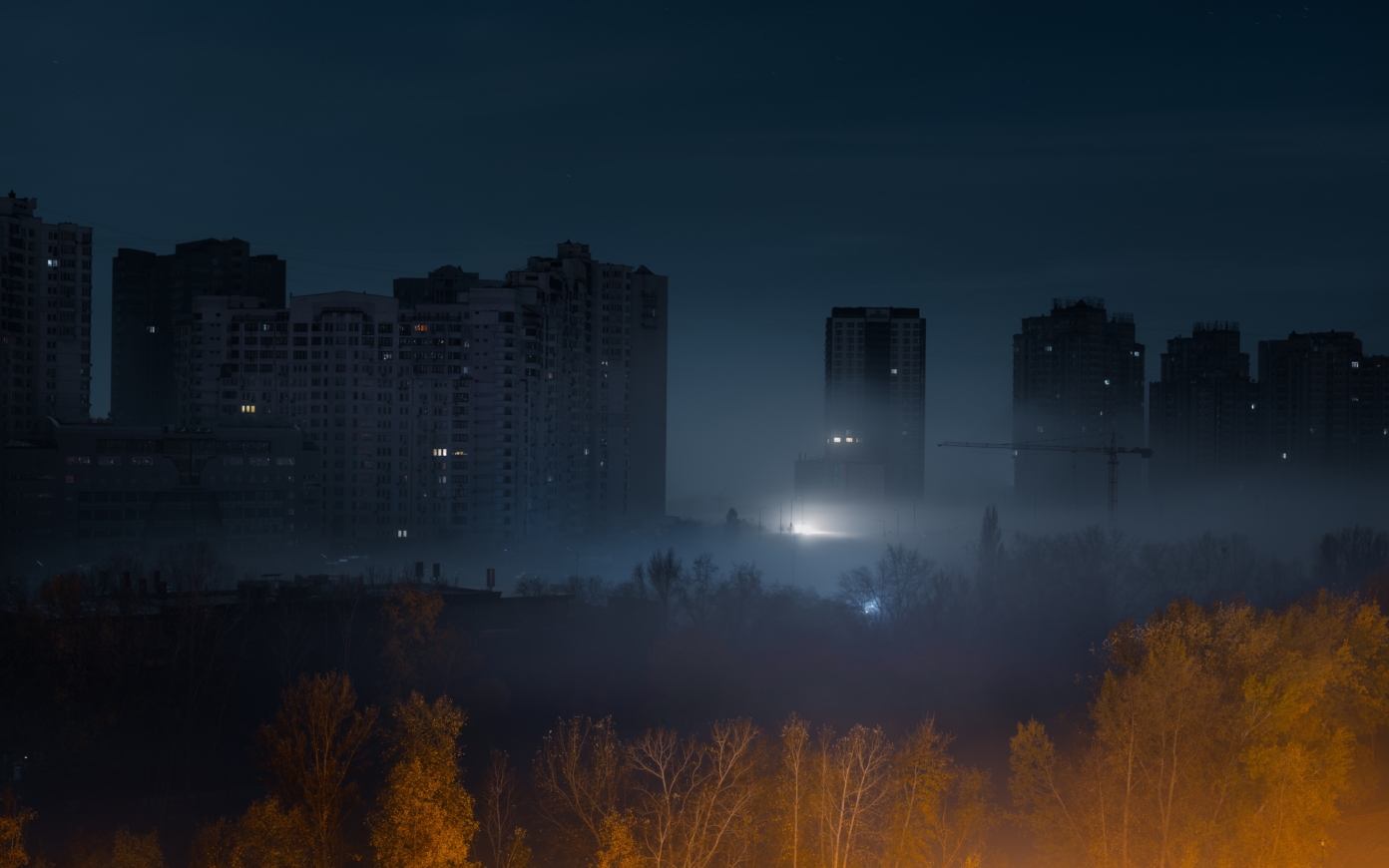Episode 4/5 – Documentary “PCA-STREAM, from research to action”

- Publish On 8 June 2017
- 12 minutes
The episode 4/5 of the documentary “PCA-STREAM, from research to action” outlines the subject of STREAM 04 (which will be published at the end of 2017). This new issue explores the repercussions of the Anthropocene era. It proposes to consider a new paradigm for the living, seen as a continuum, to overcome the existing divisions between nature and culture, object and subject, living and non-living. The Shake building in Lille, on which a part of the neighboring park winds up and continues, is a concrete example of this new cycle of study.
–
In the documentary “PCA-STREAM, from research to action”, filmmaker Gilles Coudert takes his author’s perspective, a specialist in contemporary art and architecture, on the link between research and action at the heart of the practice of PCA-STREAM agency. He gives the floor to an international panel of researchers, creators and professionals associated with the work of the agency: philosophers, art critics, artists, investors, policy makers, users, etc.
Three architectural projects, realized or in progress, are taken as case studies to illustrate the conditioning of the architectural form by this collaborative exploration approach: #cloud.paris (with SFL), the Stream Building (winner of the competition « Réinventer Paris » , with Eurosic) and Shake (Euralille, with Nacarat). Those projects embody the way in which a metabolic, open and innovative vision of the city takes shape through the exchange and creation of new synergies between actors and visions to move from urban utopia to concrete realization.
A film directed by Gilles Coudert for the Lyon Architecture Biennial. A co-production PCA-STREAM and a.p.r.e.s. Production, 54 min, 2017.
–
With the interventions of: Nicolas Bel, engineer, specialist in urban agriculture, founder of Topager – Timothée Boitouzet, architect, entrepreneur, founder of Woodoo – Patrick Bouchain, architect and set designer – Nicolas Bourriaud, art historian, art critic and exhibition curator – Alain Bublex, artist – Thomas Camus, director of operations development at Eurosic – Philippe Chiambaretta, architect, founder of PCA-STREAM – Gilles Clément, landscape designer -Jean-Louis Cohen, architect, architecture historian, professor at Collège de France – Gilles Coudert, director, producer and publisher – Justine Culioli, assistant director of major projects at SFL – Clément Dirié, editor and art critic – Gilbert Emont, director of the Institut Palladio foundation – Julien Eymeri, strategy consultant and co-founder of Quartier Libre – Aurélien Gillier, publisher and designer, editor-in-chief of STREAM 02 – Bertrand Julien-Laferrière, former general manager of SFL – Thomas Lierman, CEO of Nacarat – Éric Mangion, artistic director of the National Contemporary Art Center Villa Arson – Ariane Michel, artist and filmmaker – Jean-Louis Missika, Deputy Mayor of Paris, in charge of town planning, architecture, the Greater Paris project, economic development and attractiveness – Yann Moulier-Boutang, economist and essayist, professor at UTC Compiègne and UTSEUS Shanghai – Pierre Musso, philosopher, professor at Telecom ParisTech – Julien Prévieux, artist – Julie Rouart, editor, editorial director of the art department at Flammarion – David Ruy, architect, director of SCI-Arc post-graduate program, Los Angeles – Xavier Veilhan, artist.




